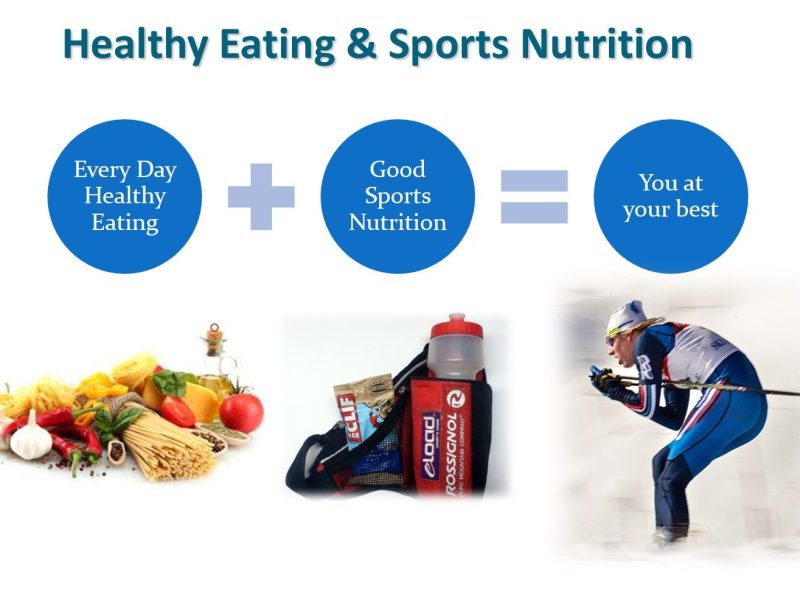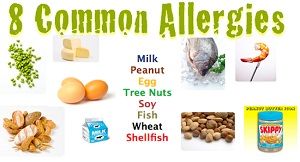As individuals age, their bodies undergo various changes that can have significant impacts on their nutritional needs and overall health. It becomes essential to address the nutritional challenges faced by older adults and develop strategies to ensure they receive adequate nutrition for healthy aging.
Decreased Appetite and Taste Changes
One of the primary challenges in aging is a decrease in appetite, which can result from physiological changes, medications, or underlying health conditions. This reduced desire to eat can lead to inadequate calorie intake and nutrient deficiencies. Additionally, many older adults experience taste changes, making food less enjoyable. To overcome these challenges, it may be necessary to modify the dining environment, enhance the flavor of meals, and encourage regular mealtimes to stimulate appetite.
Digestive System Changes
The digestive system undergoes changes with aging, such as reduced stomach acid production, decreased absorption of nutrients, and slower gut motility. These alterations can impact the digestion and utilization of essential nutrients. Older adults may require increased intake of certain nutrients or specific dietary modifications to compensate for the decreased absorption. It is crucial to consult a healthcare professional or a registered dietitian to determine appropriate dietary adjustments.
Chronic Diseases
Aging is often associated with an increased risk of chronic diseases such as cardiovascular disease, diabetes, and osteoporosis, which can further complicate nutritional needs. For instance, individuals with diabetes need to manage their blood sugar levels through a balanced diet, while those with osteoporosis may require additional calcium and vitamin D to maintain bone health. Proper management of chronic diseases and adherence to recommended dietary guidelines play a vital role in maintaining optimal nutrition.
Medication Interactions
Older adults tend to take multiple medications to manage various health conditions. However, certain medications can interfere with nutrient absorption, metabolism, or excretion. For example, some medications may deplete essential vitamins or minerals from the body. Healthcare providers should be made aware of all medications taken by older adults to identify potential nutrient deficiencies and adjust the diet or provide appropriate supplementation accordingly.
Social Isolation and Loneliness
Social isolation and loneliness are prevalent among aging populations. These factors can negatively impact an individual’s eating habits and nutritional status. Older adults who live alone or lack social connections may experience reduced motivation to cook or eat well-balanced meals. Promoting regular social interactions, community engagement programs, and providing support for meal planning and preparation can help combat these challenges and ensure older adults receive proper nourishment.
Dental Problems
Dental problems, such as tooth loss, gum disease, or ill-fitting dentures, can significantly affect an older adult’s ability to chew and enjoy food. Consequently, they may avoid certain foods, leading to limited food choices and potential nutritional deficiencies. Regular dental check-ups, denture adjustments, and the consumption of soft or nutritionally fortified foods can help individuals with dental problems maintain a healthy, balanced diet.
Conclusion
Nutritional challenges in aging can have profound implications for the health and well-being of older adults. Understanding these challenges and implementing appropriate strategies is crucial to ensure they receive adequate nutrition. By addressing issues such as decreased appetite, digestive system changes, chronic diseases, medication interactions, social isolation, and dental problems, it is possible to enhance the nutritional status and overall quality of life for older adults.


